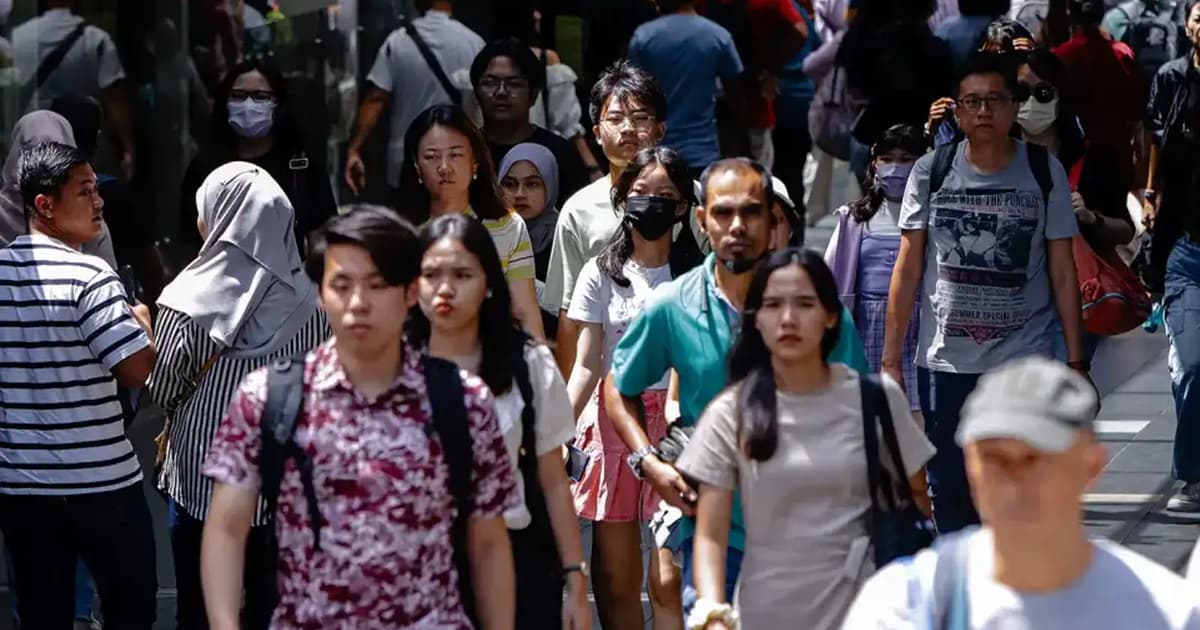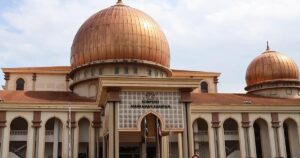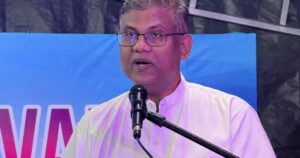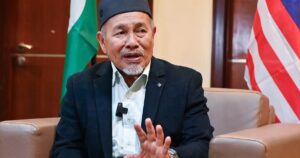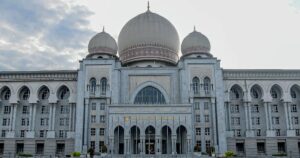
True national unity can be built only through bold reforms which could reduce anxiety among the Malay community that political strife could lead to the loss of preferential policies, says the reform group Projek Sama.
It said changes in the political system had given rise to fears among the majority population of Malay-Muslims that policies which favoured the community in the past would be undone if other groups came to power.
The group called for all Malaysians, through the major parties, to discuss how to allay Malay anxiety in democratisation.
The group said the Malay-Muslim community had benefitted psychologically, economically and socially during the years of Umno-Barisan Nasional dominance. However, at least five national parties and three regional parties were now vying for their support.
The monoethnic opposition Perikatan Nasional and ultra-right Malay groups were staging “incessant culture wars” and “minority witch-hunting” to cause a collapse of the government, or defeat for the governing alliance at the next general election, while the Madani government’s tactics against PAS and Bersatu were aimed at winning most of the Malay-majority seats.
“Malaysia’s majoritarian political system needs to gradually move towards the direction of a consensus democracy in which no community, including the ethnic majority, would feel insecure,” Projek Sama said in a message to mark National Day.
Class discontent and ethnic grievance
Projek Sama said class discontent could be “repackaged as ethnic grievance”, and cited the recently tabled Urban Renewal Bill which affects old urban settlements, where Malays of the B40 lower-income group are disproportionately represented among the residents.
While tenants of various ethnicities may be affected by the bill, Perikatan Nasional had already framed it as an anti-Malay plan pushed by a DAP minister to aid Chinese developers, Projek Sama said.
PAS had previously claimed that the bill was a “subtle method to push out those who cannot afford it, particularly the Malays and Indians”. However, housing and local government minister Nga Kor Ming has dismissed such allegations.
Projek Sama said the bill should have been referred to a bipartisan 12-member parliamentary special select committee, in which one-third comprised MPs from PN. Such an approach would guarantee more diverse views, including the interest of PN-led states being taken into account.
“It will give the final bill greater legitimacy and avoid politicalisation of urban development and poverty into another ethnically divisive issue,” the group said.
Projek Sama said only Prime Minister Anwar Ibrahim had the power to alter the course of the proposed urban renewal legislation.
The prime minister could instruct Nga’s ministry to have active consultations with all 12 MPs in the special select committee until the next parliamentary meeting in October, and to immediately refer the bill to the special select committee.
“Doing so would show that the government is not giving lip service to parliamentary reform with its earlier move to expand the special select committees and make them permanent,” the group said.
